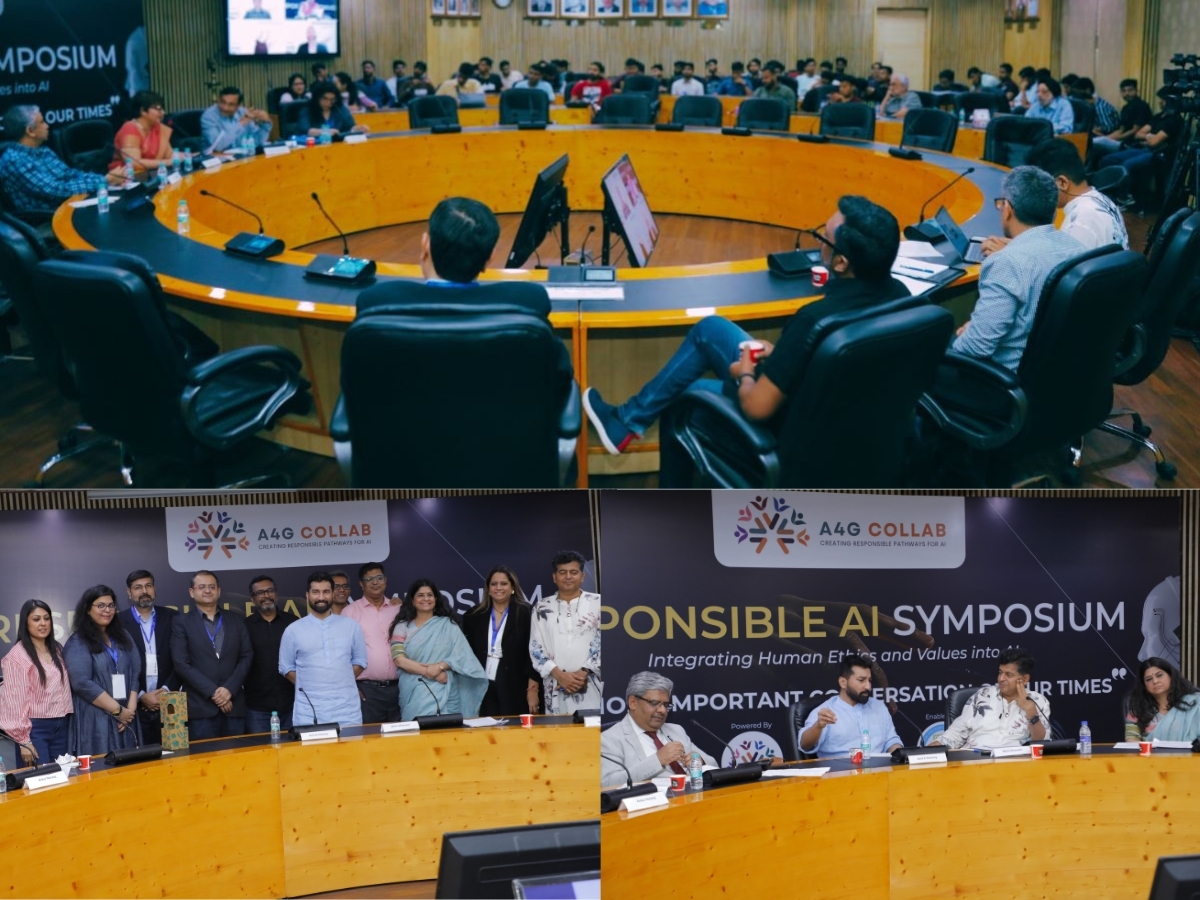India needs Rs 30 lakh crore investment by 2030 to meet COP pledges: IREDA CMD
Feb 15, 2024

New Delhi [India], February 15 : India will need Rs 30 lakh crores in investment during financial year 2024-2030 to meet its COP climate pledges, said IREDA CMD Pradip Kumar Das.
Chairman and Managing Director (CMD) of Indian Renewable Energy Development Agency Ltd. (IREDA), Pradip Kumar Das, addressed an international webinar organized by the World Bank, on the occasion of the release of the latest South Asia Development Update "Toward Faster, Cleaner Growth", on Wednesday.
In his address, CMD, IREDA underscored the critical need for substantial investment to meet India's Nationally Determined Contributions (NDC) goals by 2030. He said investment is required in manufacturing of capacity for Solar, Electrolysers, Wind and Battery; Transmission, Green Hydrogen, Solar, Hydro, Wind, and Waste to Energy sectors.
Speaking about the significance of "PM Surya Ghar Muft Bijli Yojana", the rooftop solar scheme launched on Tuesday, the CMD said, "This initiative is poised to elevate the Rooftop Solar sector to unprecedented heights in the country. The scheme will not only provide substantial benefits but also foster awareness about renewable energy among the people-at-large, contributing to India's ambitious goal of achieving Net-Zero emissions by 2070 and Energy Independence by 2047."
The rooftop solar project, with an investment of over Rs 75,000 crores, aims to light up 1 crore households by providing up to 300 units of free electricity every month.
The CMD said that India's rise has been a role model for Renewable Energy development worldwide, several initiatives of the government such as Renewable Purchase Obligations (RPO), PM-KUSUM scheme, 'Must-run' status for RE assets, PLI scheme for Solar PV manufacturing, and the allowance of up to 100 per cent FDI under the automatic route for renewable energy.
"As India aims to become the third-largest economy in next three years and a developed country by 2047, there will be a significant energy demand to achieve energy security and energy-independence. Approximately 90 per cent of this demand is expected to be met through renewable sources. Until sufficient energy storage for renewable energy is achieved, thermal energy will also be developed alongside."
The CMD also spoke of the motherly role that IREDA has played over the last 37 years, in nurturing the Renewable Energy sector in India.
India meets a sizable portion of its energy needs through coal-fired electricity, and this solar rooftop programme could be seen as an avenue to reduce the dependence of conventional sources of power.
At COP26 held in 2021, India committed to an ambitious five-part "Panchamrit" pledge. They included reaching 500 GW of non-fossil electricity capacity, generating half of all energy requirements from renewables, to reducing emissions by 1 billion tonnes by 2030.
India as a whole also aims to reduce the emissions intensity of GDP by 45 per cent. Finally, India commits to net-zero emissions by 2070.
About 44 per cent of India's energy requirements at present come from non-fossil sources and are likely to touch as high as 65 per cent by 2030, much higher than what the country pledged at the COP summit in 2021, Union Minister RK Singh, who handles power and renewable portfolio, said recently.

















